- AI
- A
Artificial intelligence comes to the aid of the unemployed: a new experiment in the USA
Hello, tekkix! Dasha Volkova from MTS Digital is in touch. We often hear that artificial intelligence is designed to help people with routine tasks. One of them is the consideration of various kinds of documents: citizenship applications, benefit cases, court decisions. In Nevada, USA, they plan to involve AI in helping to review unemployment benefit cases. Officials do not always cope, so the regional leadership decided to automate the process. Details are under the cut.
What is the project
Over the next few months, the state of Nevada is going to implement AI based on Google services into the bureaucratic system for unemployment cases. Artificial intelligence will analyze transcripts of hearings on unemployment appeals. The task of the digital assistant is to issue recommendations to specialists, who will then decide whether to pay benefits to applicants or not. The AI itself will not make decisions.
This is the first such system in the country. State officials and Google will allow generative AI to influence decisions on which payments depend.
Nevada state officials comment that Google's LLM will speed up the appeal review process — in some cases, the time it takes an arbitrator to write a decision will be reduced from several hours to five minutes. This will help the state deal with "long-term" cases left over from the height of COVID-19. As in most states, Nevada's unemployment system was overwhelmed by an unprecedented number of applications during the pandemic, and only now is everything starting to return to normal. Work is underway, but the process needs to be accelerated.
How AI Work Will Be Checked
According to Christopher Sewell, Director of the Nevada Department of Employment, Training and Rehabilitation (DETR), at least one person will review each recommendation made by the digital assistant. If the human arbiter agrees with the recommendation, they make the final decision. If not, a panel of several specialists analyzes the AI recommendation and the human's opinion.
"No decisions written by AI will be made without human involvement and review," Sewell said. — We will be able to process cases faster, which will really help applicants."
Sewell said that DETR began discussions with Google about using AI to process unemployment cases during a meeting a year ago. Over the following months, the agency conducted dozens of tests using the technology to analyze hearing documents of varying complexity. When it was determined that Google had created "a good product that solves everything correctly," DETR agreed to a one-million-dollar contract. It was approved by the State Board of Examiners last month.
Appeal hearings and accompanying documents may contain tax information, social security numbers, and other identifying data, as well as information about the applicant's health, family, and finances.
"Under the terms of the contract, Google will not have access to personal information from the hearings and will not be able to use confidential data for other purposes," said DETR spokeswoman Valentina Bonaparte.
Valentina added that the state of Nevada will not train a new generative AI model for the appeals system. Instead, officials will use Google Vertex AI Studio, which allows developers to adapt existing AI models for specific tasks, creating a RAG (retrieval-augmented generation) model. RAG models retrieve information from a specific database — in this case, from the Nevada state legislation database and previous appeal cases — to provide more accurate results.
Carl Stanfield, IT administrator of DETR, said that the committee will hold weekly meetings during the model setup process. After its launch, officials will meet quarterly to track errors and inaccuracies in the system's decisions. No one wants a truly needy person to be denied payments due to an LLM error or model "hallucinations."
Currently, Google Gemini 1.5 Pro is the leader in the HELM LegalBench ranking, a testing system that evaluates the ability of language models to answer legal questions. The Gemini model correctly answered 76% of such questions in tests, while Gemini 1.5 Flash, a lighter version, answered 66%. The project authors cannot yet disclose which specific model Google will use for Nevada.
Where there may be difficulties
Legal experts, a former U.S. Department of Labor official, and lawyers representing Nevada residents at appeal hearings express concerns that the focus on speed may negatively affect the outcome of many cases.
“Time savings are only possible if the check is superficial,” says Morgan Shah, director of public engagement at Nevada Legal Services. — If someone thoroughly and correctly checks the information, it really takes a lot of time. How will LLM make a decision in five minutes?”
Michelle Evermore, former deputy director for unemployment issues at the Department of Labor, shares similar concerns.
“If the robot just gives you a recommendation, and you check the box while being pressured to work faster to clear the backlog, it’s a bit worrisome”, she said.
In response to concerns about automation bias, Google spokesperson Ashley Simms said: “We work with our clients to identify and eliminate potential bias, and to help their solutions comply with federal and state rules and regulations.”
Well, this is an interesting project. We will follow its results.


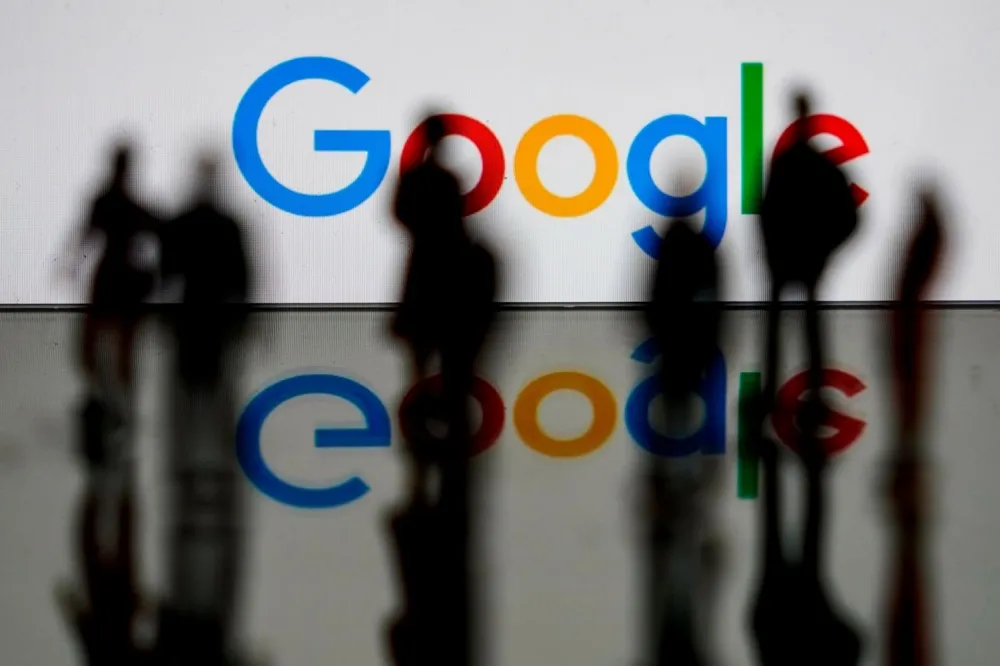

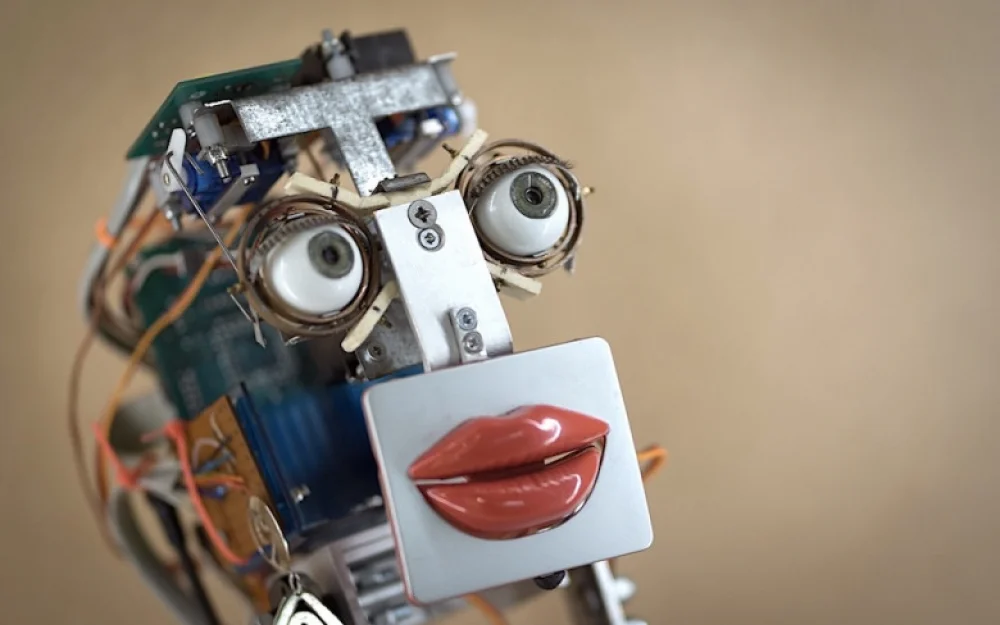
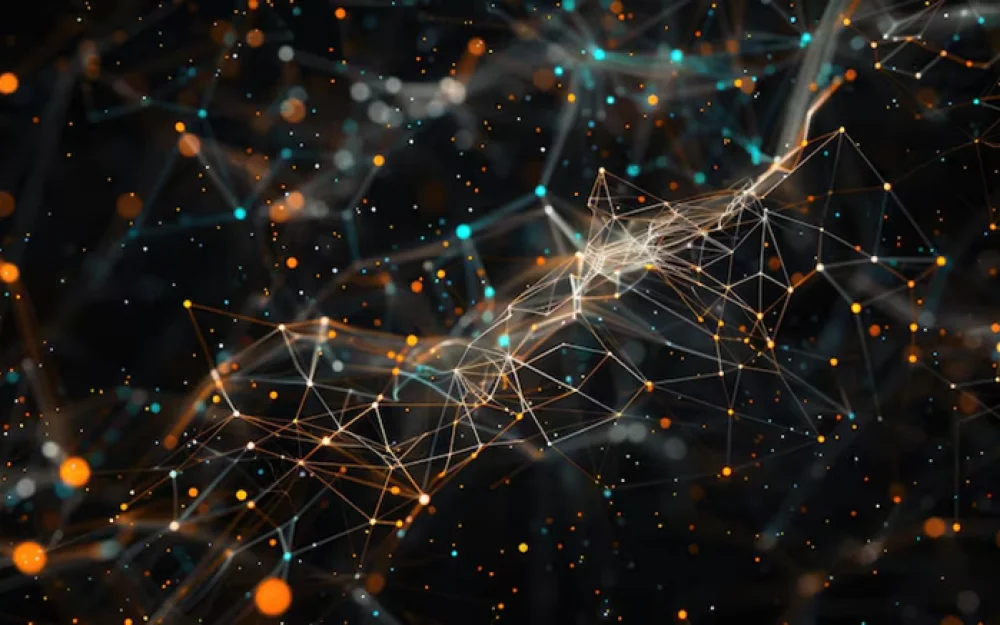



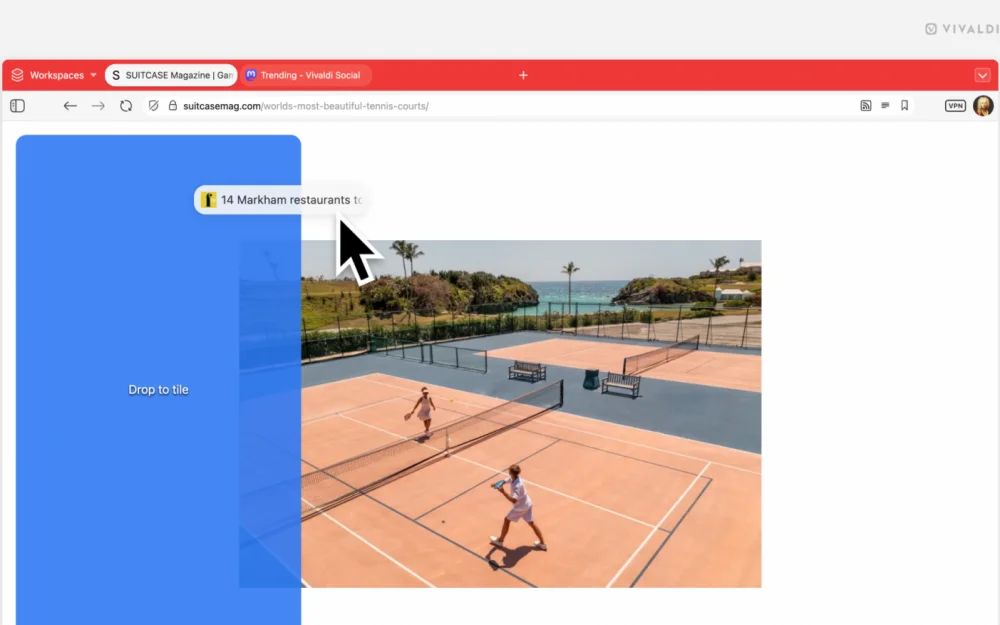
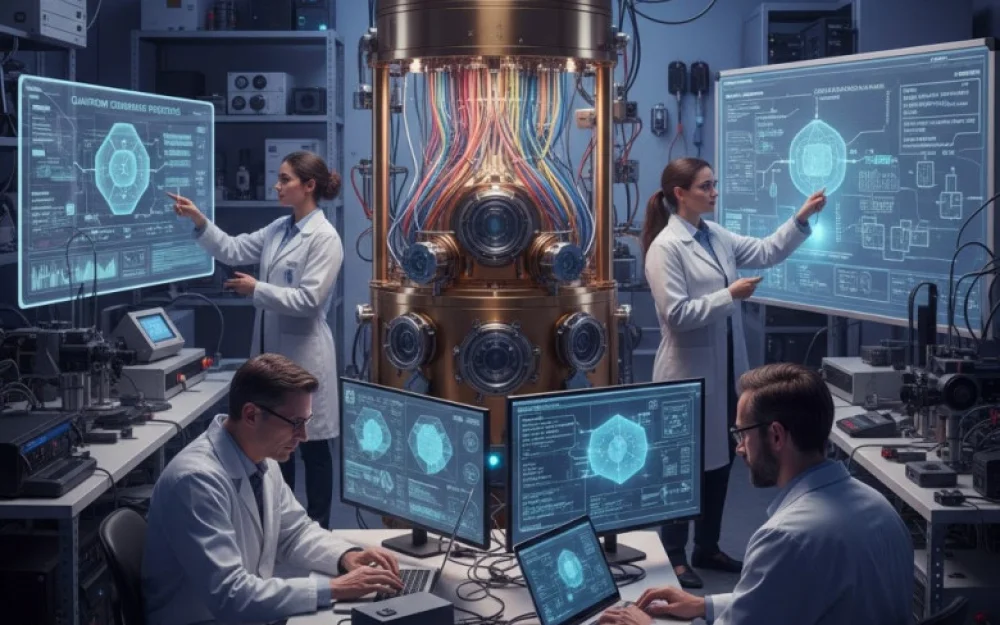

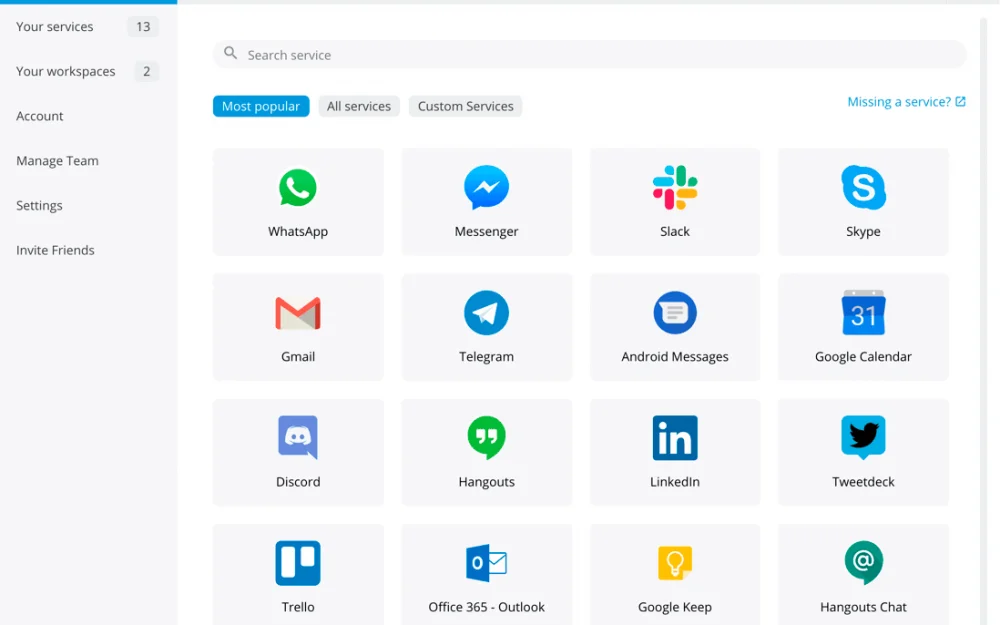
Write comment